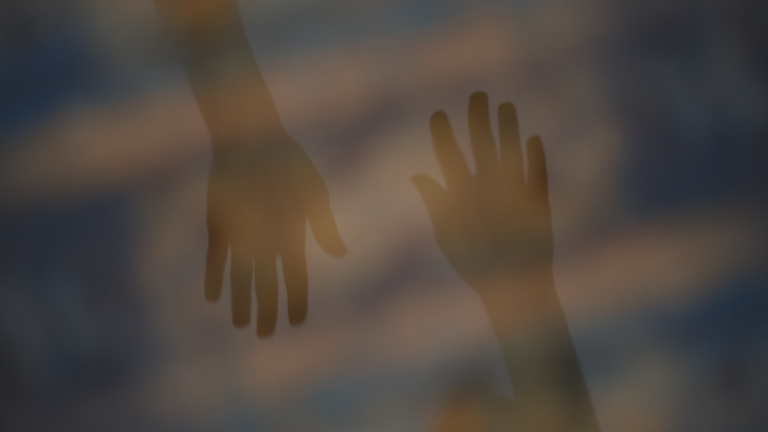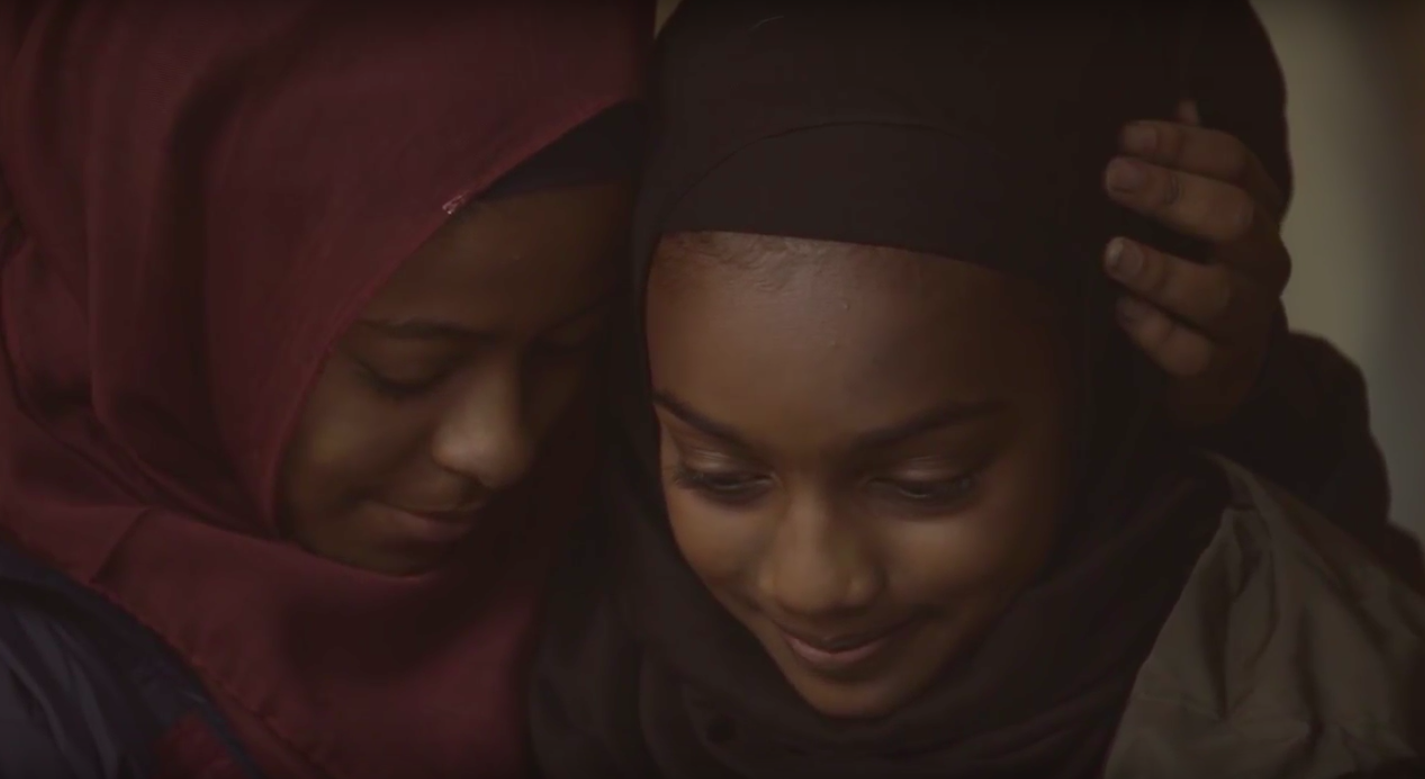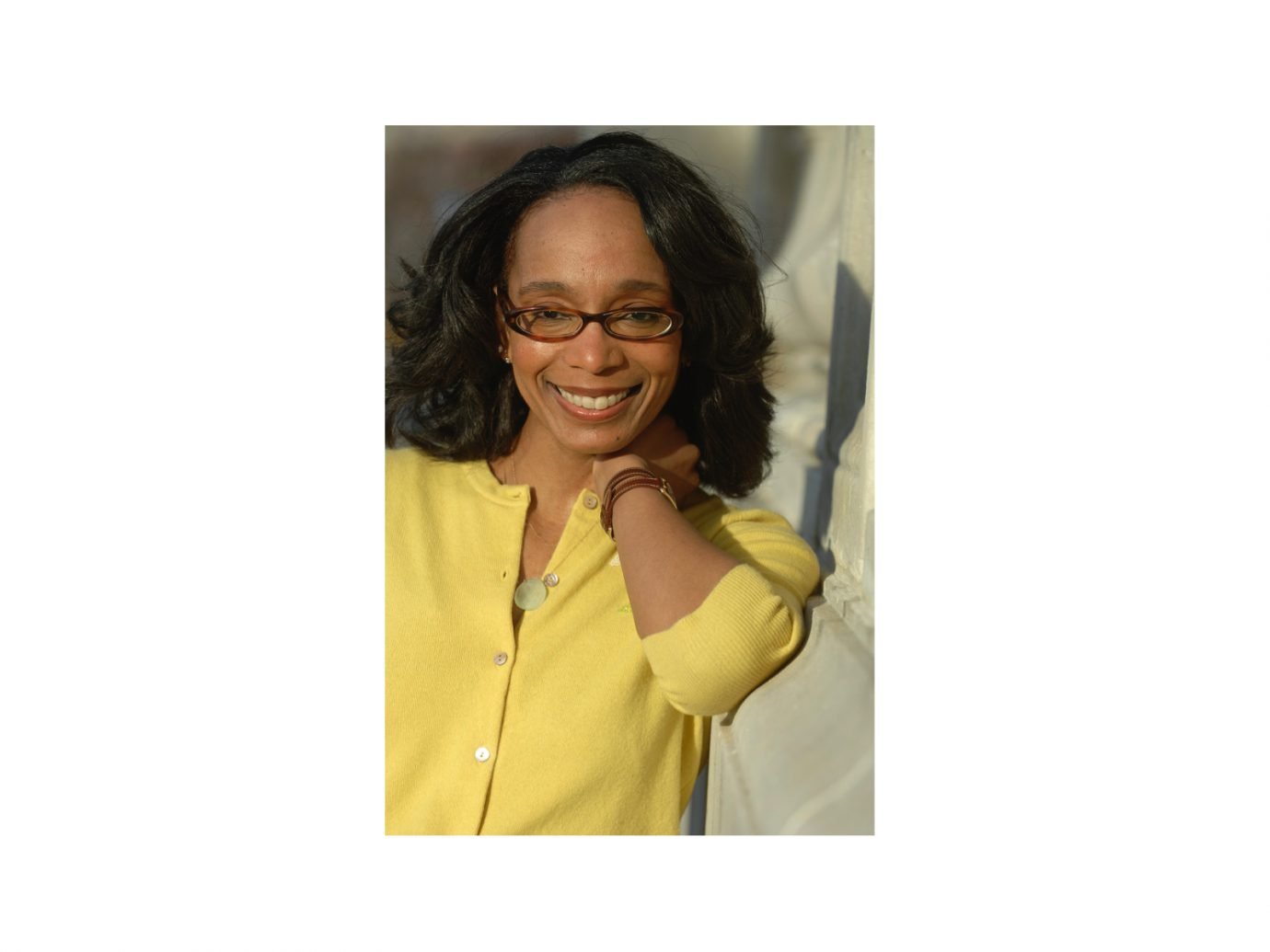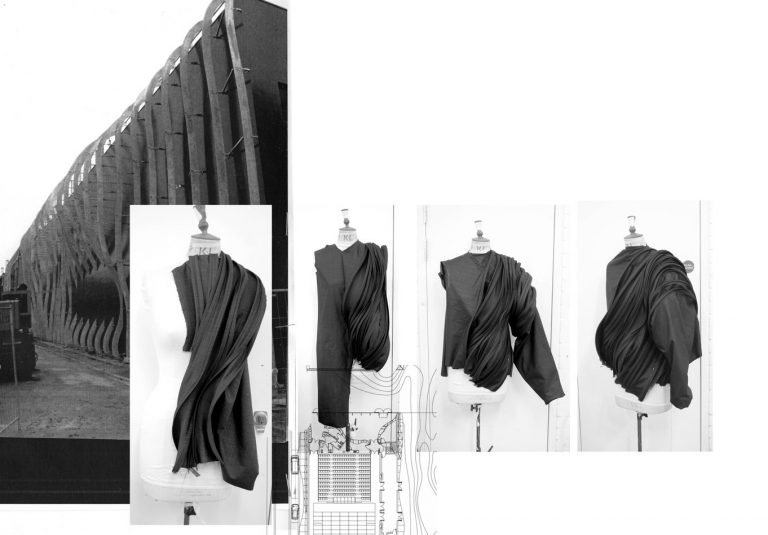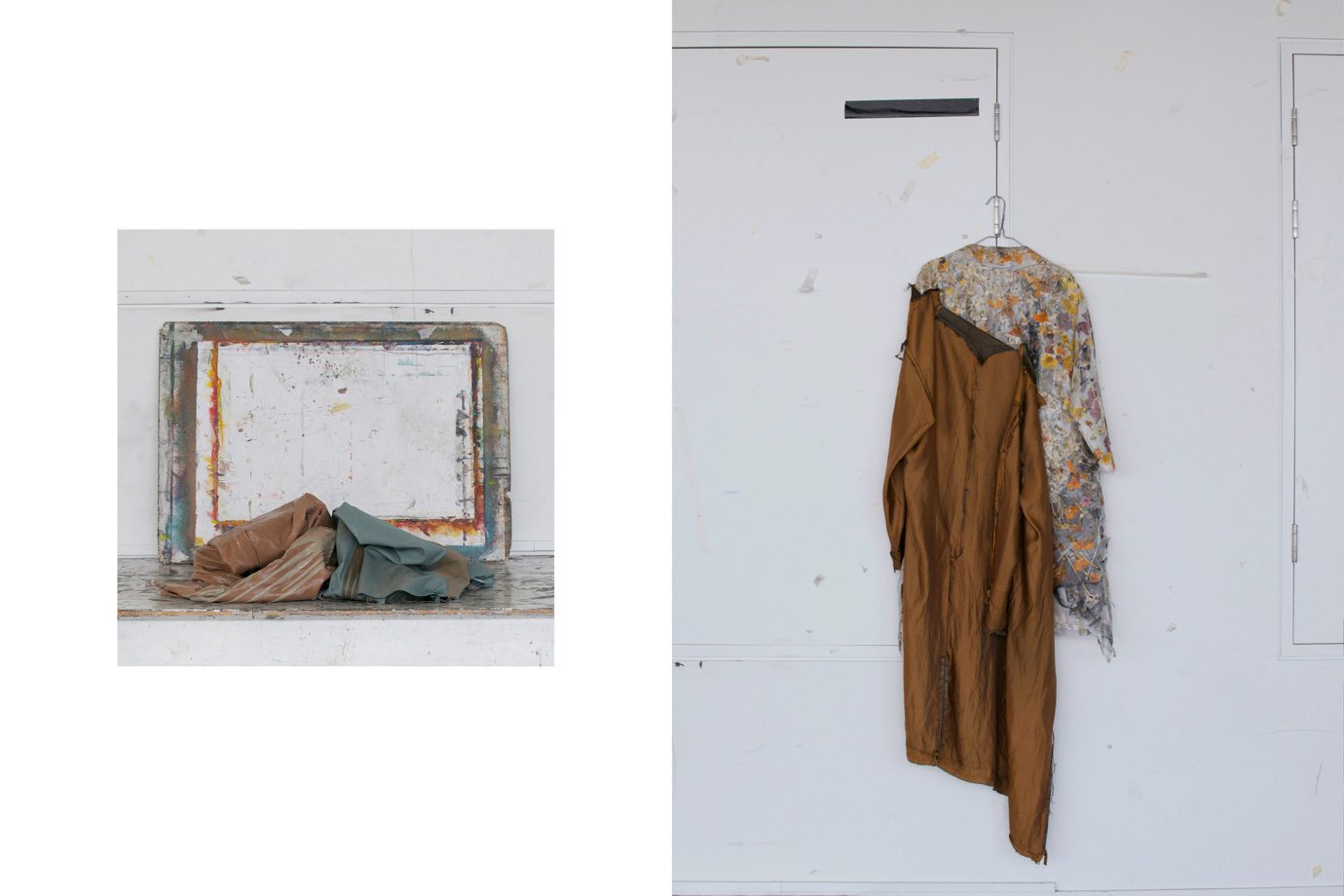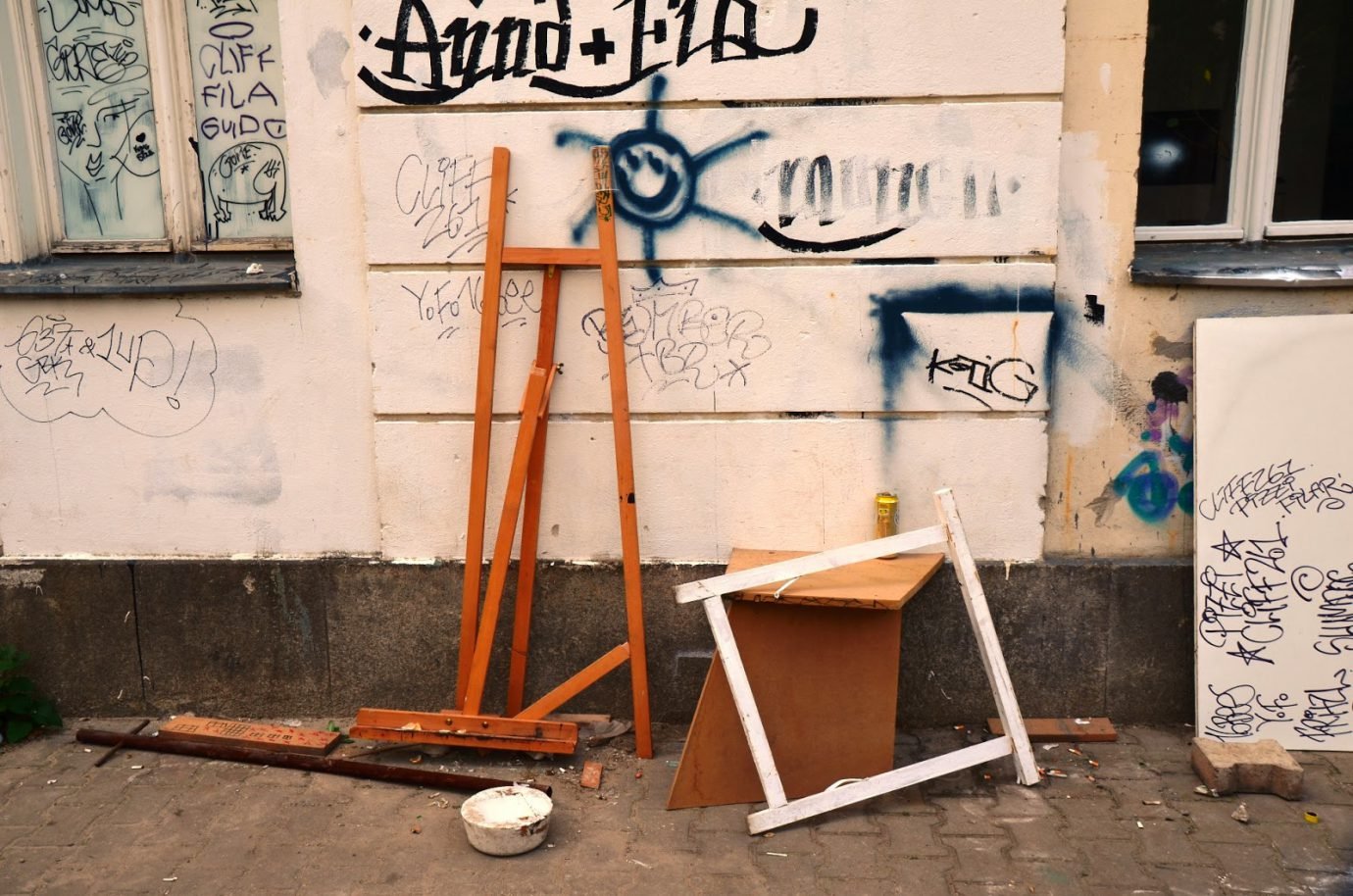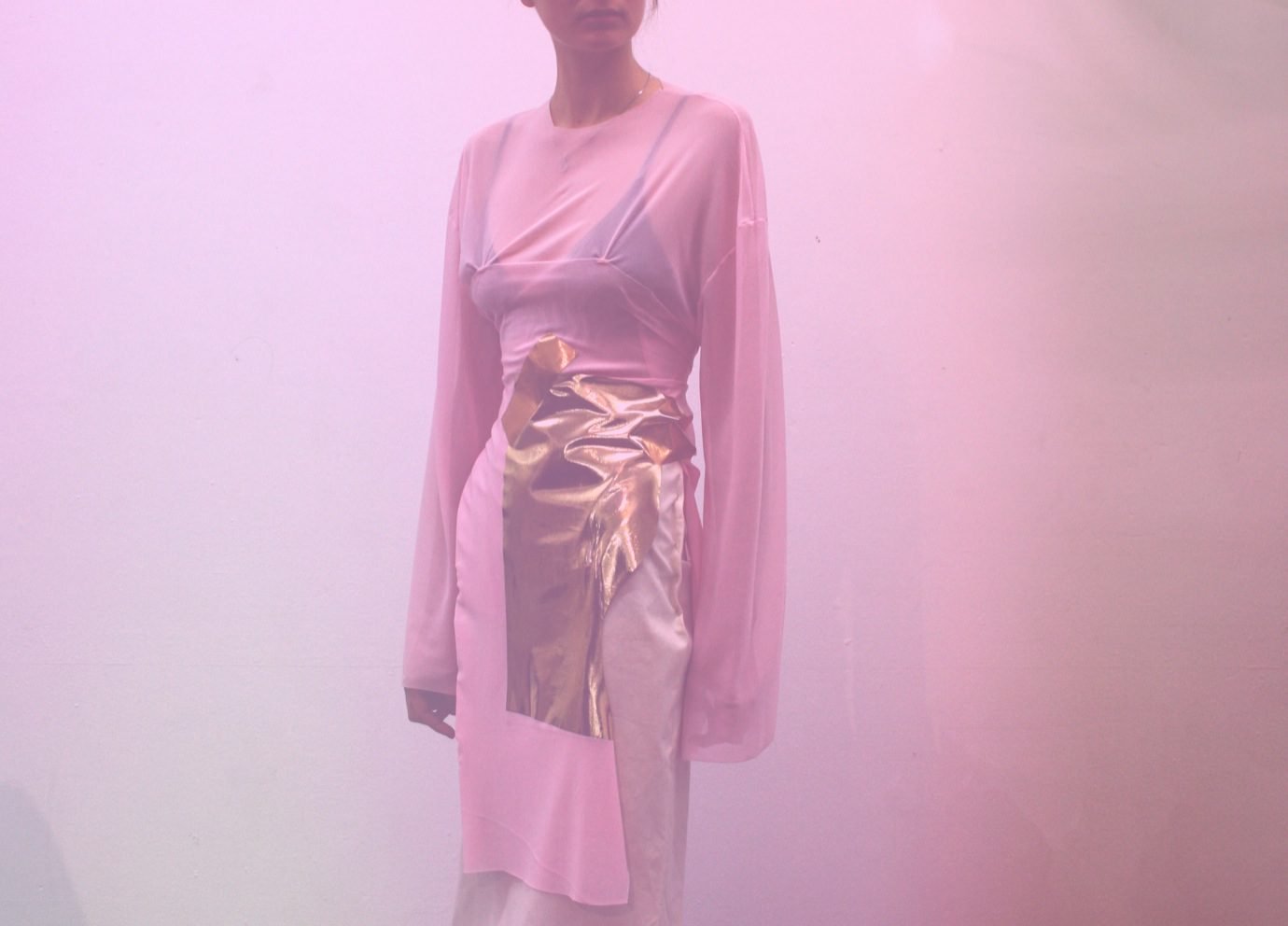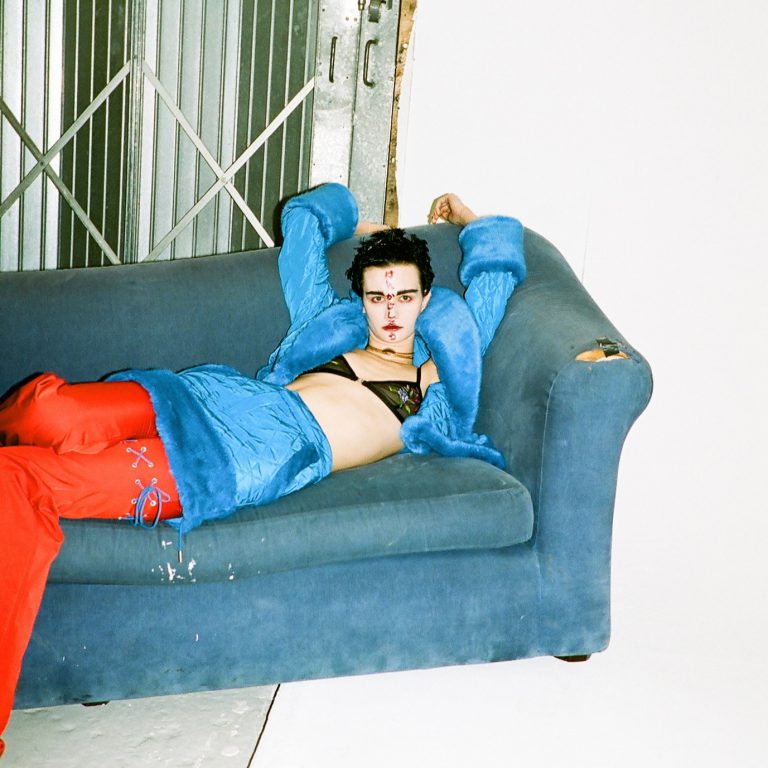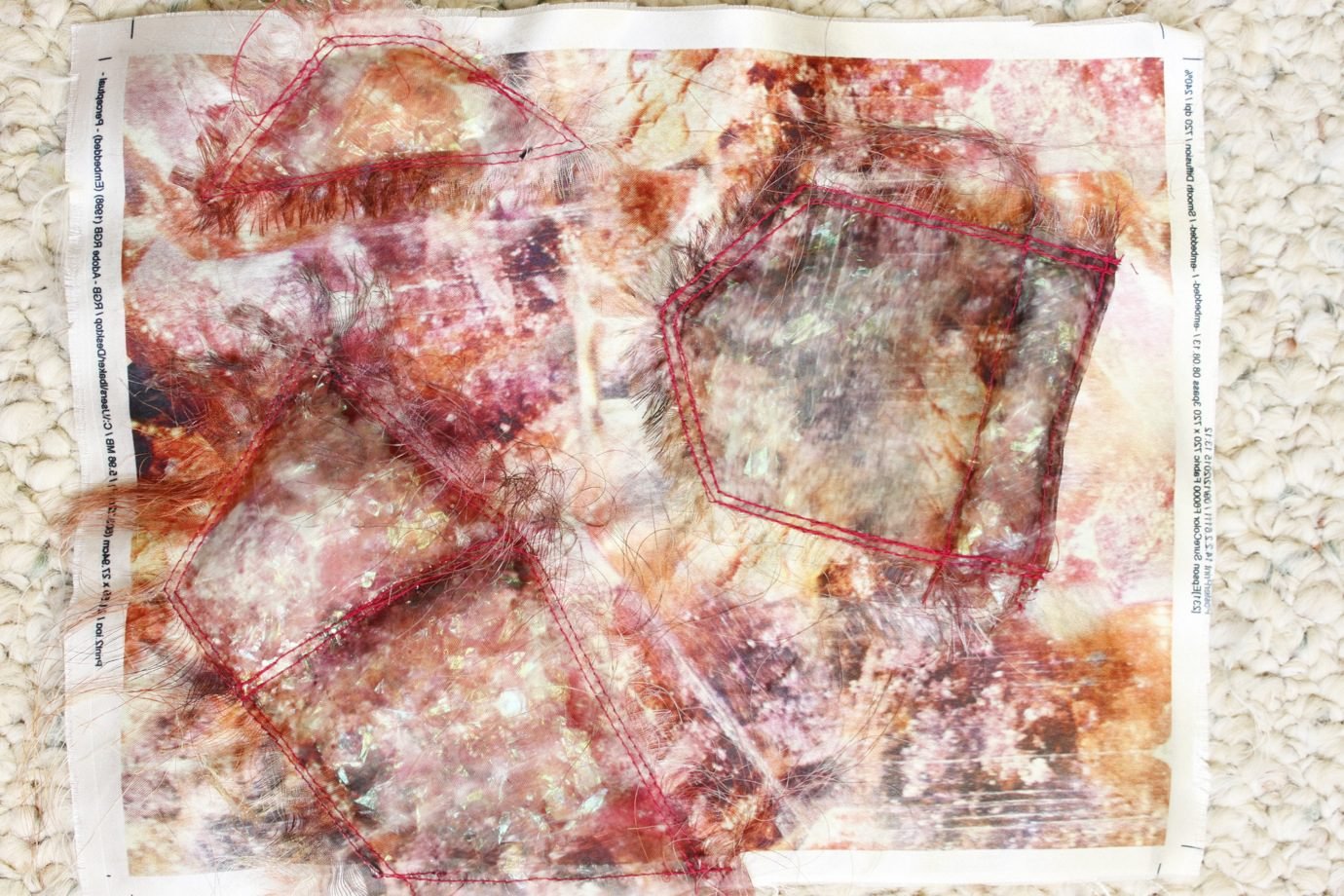In her video work Middle Passage, 24 year-old CSM BA Fine Art graduate Caitlin Black dares to address a subject eminently political and charged, by focusing on the story of two refugees who fled to Europe, and who now live in a makeshift camp. Written by Louise Seun Ogunnaike, a young screenwriter, the video’s intentions seem to be neither to shock nor to openly criticize the current situation, but rather to remind the viewer of the refugees’ humanity. Indeed, as Black explained, “Louise Seun Ogunnaike found it frustrating that it took a little boy washed up on a shore to shock the public into sympathising with the refugees.” They both wanted to tell a personal and intimate story which would differ from all the pieces of information that tend to “objectify and dehumanize.”
It is arduous to make work about politically charged current events, but Caitlin Black is not one to shy away from it. A Scottish visual artist who recently graduated from Central Saint Martins BA Fine Art, she was nominated for best director at the BFI future Festival with her poignant short video on Middle Eastern refugees, Middle Passage. We spoke with her about her work and how to deal with delicate subjects in film.
“LOSS IS SOMETHING THAT IMPACTS US ALL AND EACH VIEWER WILL ATTACH THEIR OWN PERSONAL HISTORY TO THE STORY.”
The film follows the point of view of the eldest of the two girls, Fartuun, who tries to find comfort in her new shelter and attempts to reassure her mother through a voicemail. Yet there is an obvious contrast, or as Caitlin states, “a deliberate misdirection between what the viewer sees and hears.” As the story unravels, the messages to her mother change; slowly the viewer comes to question if what s/he sees is the past or the present, as the tragic outcome of this trying journey is slowly revealed.
Caitlin Black was educated in Fine Art, and her influences are relevant to more than her aesthetic: for Middle Passage, she explored the works of Iranian visual artist Shirin Neshat, who brings together political and psychological elements of female experiences. Indeed, one cannot help but notice the feminine point of view of Middle Passage, to which Caitlin Black adds some element of explanation: “I’m interested in creating layered and complex characters, and I think there is a real lack of female presence in the film industry. In a way, it is this absence that drives me to make thought-provoking work.”
Through the repetition of the voicemail, Caitlin Black and Louise Seun Ogunnaike also reveal a sense of loss and uncertainty of one’s future, to which viewers can relate: “Loss is something that impacts us all and each viewer will attach their own personal history to the story,” she explains. The visual transcription of loss and isolation conveys a poetic, almost romantic aspect to the video, all the more perceptible as the visuals seem to sublimate the harsh reality of refugee camps.
This particular aspect brings to mind the complex relationship between the work and contemporary politics. Black, who admits being drawn to sensitive subjects, also confesses struggling “to see art without politics.” She further explains: “It is an integral part of culture and demands that the viewer asks questions of themselves. It causes conflicts of the mind, the body and environments, evoking the constant state of flux that is life.” The same definition could probably stand for Art, and in a world which is perpetually changing, one may also wonder what the future might hold for an artwork which is so closely related to current events. Regarding Middle Passage, Caitlin responds bluntly: “This isn’t the first refugee crisis and it won’t be the last.”
Having asked Black what her next projects will be, one starts to get an idea of the common thread behind her practice. One video directly addresses the same sense of loss and “in-between-ness”, as it explores the relationship between a young man who has lost his way, and a wise cab driver who imparts his wisdom during their taxi rides. The other is a collaboration with yet another young writer, Paul T. Wentworth, and may be seen as a new chapter of Middle Passage, as it follows an immigrant who returns from Syria to integrate back into society, but is quickly forced out to its edge by the people they once saw as family.

